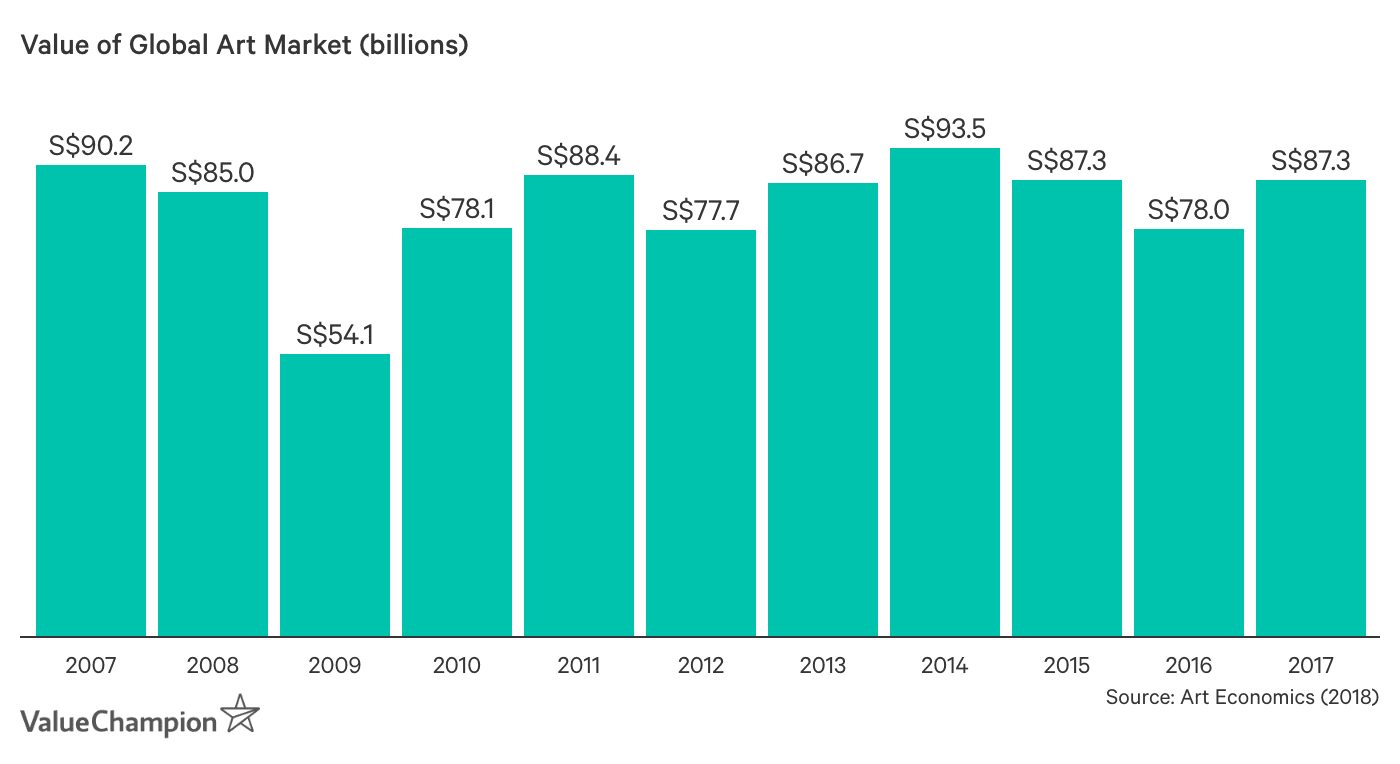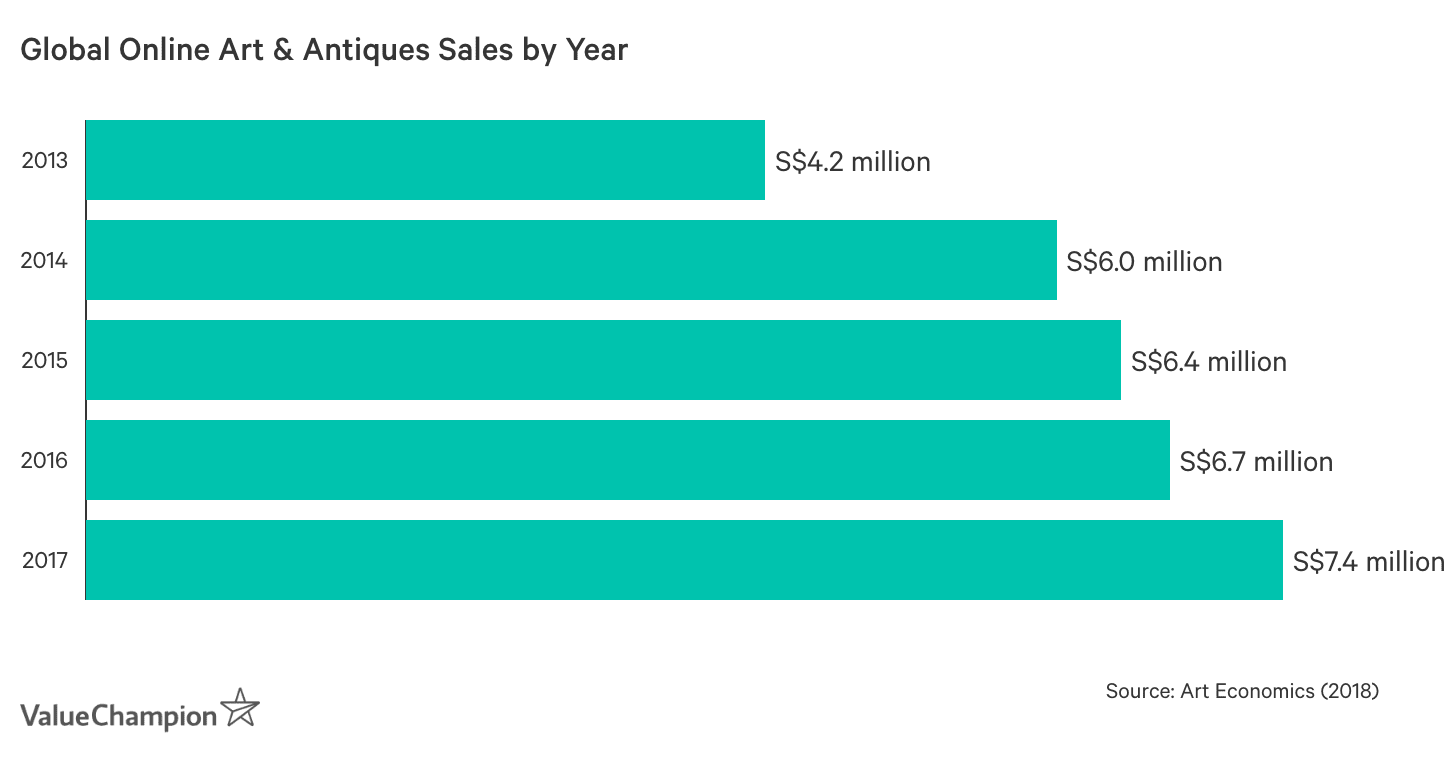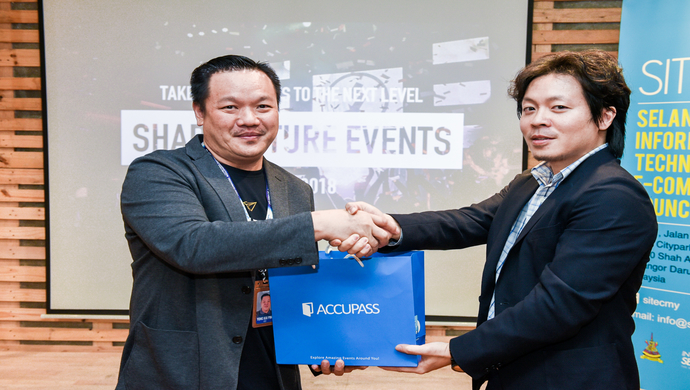Amos Yee’s mother, Mary Toh, has once again stepped in to defend her son. Following the video posted by Melissa Chen, one of Amos Yee’s former supporters and the activist who campaigned for Yee to secure asylum in the United States, Mary wrote a post on Facebook championing her son’s right to free speech, and asking for an apology from Chen.
https://theindependent.sg.sg/melissa-chen-the-activist-who-helped-amos-yee-seek-asylum-in-the-us-now-wants-him-deported-says-he-is-a-stain-on-the-human-race/
The main takeaway of Chen’s Facebook video was that, because of Yee’s blatant pro-pedophilia stance, Melissa said, “I am compelled to say Amos needs to be deported from the United States, and if he, in the process, gets sent back to jail in Singapore for going AWOL on National Service, I would find it extremely difficult to actually sympathise with that.”
Chen also added that Yee was no longer a child and had to be held accountable for his actions as an adult.
Her concluding remarks were that, “Amos is a stain on Singapore, and a stain on the human race.”
In a Facebook post yesterday, Mary Toh wrote, “There is a way to disagree with Amos’ positions on pedophilia (Which obviously I’m against), whilst not creating the negative PR against the free speech cause that was sparked by Amos’ case, that human rights activists in Singapore have fought for greatly, saying Amos should be ‘deported from the US’ because of his opinions on pedophilia is unintentionally doing just that.”
https://www.facebook.com/marytohab/posts/1082500165260563?__xts__[0]=68.ARBfurijK2W9GHzf1J51rtkGw18Q0arCmSfoW7z2f47Rlnw8zHzuIfbgQEN5d5ADYiiPjK3omYFVxoRO7nFGb6PsF3qhpStXc3wyuOY1840J0ZHGNISY3NZ9XFlvGedicecAZVmNR6dLW2FsfIBu_d6v8uy1pHUZAa53woaziTNdkFeEnA_yK2viAZaBbEYyVMfe0TrzX3Ym3yiJ-FoJXUognuyAL3SbyD9AZLAApNuD6Tgr2Ffv61pHXdYhaNnLjOCUa736rUPWkLoI5A8ZwmhsNIUBcNbJ92dqmBIAtPtyA3XzQUxfTecRlxU78x97ouC_5HC9inrtwhNcm_-OYA&__tn__=-R
She added that Yee’s stance on pedophilia should not be used as a point against free speech.
Toh then went on to compare Melissa Chen’s activism and her son’s pro-pedophilia movement. She said, “Melissa is a person who champions and surrounds herself with people who support platforming: the KKK, White Supremacists, Neo-Nazis and Alex Jones, people and groups that from my knowledge, advocate (and sometimes even directly cause) actual violence to people. Amos unlike those groups, has never advocated for direct harm to any child”.
She also calls out Chen for her “inconsistent” views on free speech.
Toh then wrote, “I feel like she made that video against Amos based on completely biased misinformation spread about him by haters, and I think she should really refrain from posting on the internet whilst menstruating”.
Following this, she added that Yee has reached out privately to Chen, and that she hoped Chen accepts Yee’s invitation to talk.
Yee’s mother concludes her post rather backhandedly, saying, “After Melissa speaks with Amos, I sincerely hope that she takes down her video, and then issue a public apology, because anyone who’s actually reasonable would know that this public statement she made is just embarrassing for her, and this is embarrassing in contrast to Amos, my son who now defends pedophiles, so you know it’s bad”.
However, in light of free speech, should Chen not be entitled to her own views as well?
Read related: Amos Yee is now apparently offering lessons on pedophilia
________________________________________________________________________






















